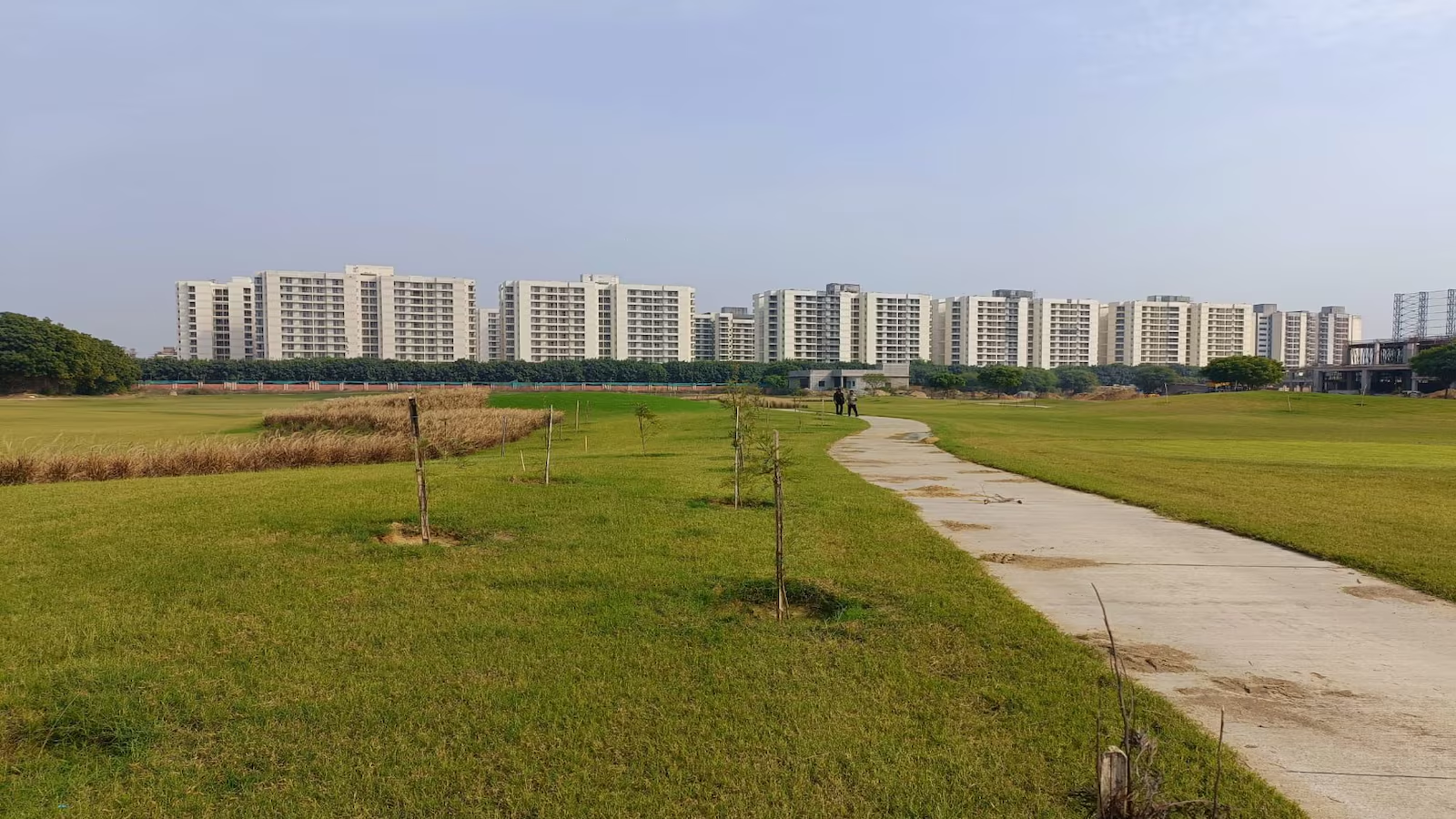Guest Column
RERA: Methods adopted this time are bound to yield greater results


The Real Estate (Regulation and Development) Act, 2016, or RERA, was the star statute of 2016. At long last, the real estate sector got its own SEBI. The issues that plagued the securities market before it got its regulator are today rampart in realty. RERA thus seeks to address the lack of transparency and true valuations, uncertainty, and prolonged dispute resolutions. Naturally, its success shall be tested against these parameters. And the methods adopted, this time, are bound to give greater result. Starting with the much talked about 70 per cent deposit rule.
The legislature has learnt that imprisonment has hardly promised compliance, especially where the nature of default is essentially contractual rather than criminal. In Maharashtra, the local Maharashtra Ownership Flats (Regulation of the Promotion of Construction, Sale, Management and Transfer) Act, 1963, popularly known as MOFA, stipulated imprisonment of builders. In over 50 years of its existence cases of such imprisonment are far and few between.
In case of RERA, the innovation of forcing developers to deposit 70 per cent of the amounts realised by them in a separate account maintained with a scheduled bank is guaranteed to yield better results. Should there be a violation of the law, the authorities can freeze the account and utilise the funds for project completion. Very effectively, RERA kills two birds with one stone. The 70 per cent fetter serves as (a) a deterrent to errant builders, and (b) ensures availability of funds to dig the flat purchasers out of a hole. A mature people look at solving problems, not pointing fingers. Unitech’s debacle is a good case in point.
As money makes the mare go, permissible withdrawals from the above mentioned 70 per cent deposit have seized maximum attention. The main Act allows withdrawals of only two types: (a) cost of construction/ project, and (b) land cost. And that’s how a thousand doubts have bloomed: do payments to lenders qualify? What about advertising, promotional, marketing, legal costs? The rules proposed to be promulgated by various states, it was hoped, would clear the air.
Indeed, most states have adhered to the Centre’s direction of issuing rules at the earliest possible. However, the detailing in the draft Maharashtra Real Estate (Regulation and Development) (Registration of Real Estate Projects, Registration of Real Estate Agents, Rates of Interest and Disclosure on Website) Rules, 2016 sets it apart. The experience of MOFA may have been of great assistance. The instances when a builder can tap into the afore-stated 70 per cent amount include payments to lender, and not just banks or financial institutions, as well as offsite expenditure. A stark juxtaposition, as compared to only actual on-site physical expenditure authorised under the rules brought out by other states. Enough elbow room must be carved out for all players. It’s no secret that slum rehab projects or development in the mofusil, are largely financed by moneylenders till the stage of preliminary building sanctions. Therefore, the inclusion of the term lenders in the Maharashtra rules is noteworthy.
The basic idea is to make sure that there is no diversion of funds, and not to starve builders of finance. Established developers with deep pocket do not operate in satellite cities or semi- urban areas. If the financial needs of the smaller players are not heeded, the consumer may end up in an oligarchic market. The landmark judgment of the Competition Commission of India (CCI) (reBelaire Owners’ Association vs. Dlf Limited, Huda & Ors.), after all, was all about dominant position and its misuse. Surely, not an ideal situation! Section 38 which empowers the Real Estate Regulatory Authority to suomoto refer cases to CCI may very aptly be cited. A good system of checks and balances is a sine qua non of any sophisticated industry. Rudimentary practices must give way of professionalism.
So here we are: the 70 per cent deposit rule shall (a) stop siphoning off funds to other projects, (b) disclose truer valuations, (c) force builders to complete the project on hand, (d) ensure that possession of flats to prospective purchasers is given on time, and (e) in the event of default, the entire body of flat purchasers shall have the money to turn things around. On a cautionary note, this very rule may fuel black money. Empirical evidence has proved that excessive legislation often results in a greater parallel market.
Much space has been devoted to the 70 per cent rules as it is the nub of RERA. However, there are a number of other matters that need to be discussed. Nobody likes one more school master. It’s a constant grievance of the real estate sector that there is no single-window clearance for realty projects. Not surprisingly, apprehensions about being answerable to yet another authority abound. A student applying to a university knows pluses and minuses of his application better than developers putting forth their projects for approvals. The Central Advisory Council must evolve and publish clear guidelines and checklists on the basis of which the Real Estate Regulatory Authority shall approve or reject applications. As of now, the developers are all at sea as to whether the Authority shall examine the technical / financial / legal aspects of the projects.
Even honest participants unwittingly run afoul of the law for want of clarity and certainty. Finally, any system is as good as the people who run it. Care should be taken that RERA furthers the interests of the public and not retards it. Our courts have accomplished a great job in protecting parking rights; arresting the rampant malpractice of multiple sales by the developer of a single flat to various purchasers; prohibiting developers against deviating from the sanctioned plans amongst other things. The real triumph of RERA rests in the hands of the adjudicating authorities and the tribunal. For the time being, all that we can do is wait and watch.
-



 News3 weeks ago
News3 weeks agoKW Delhi 6 Mall Onboards New Brands
-



 News4 weeks ago
News4 weeks agoManasum Senior Living Launches IKIGAI GOA, A Senior Living Community in North Goa, in collaboration with Prescon Homes
-



 News3 weeks ago
News3 weeks agoCommercial Realty Gets Tech Savvy: Fast Construction, Enhanced Convenience
-



 News3 weeks ago
News3 weeks agoGodrej Properties Sells Rs 3k cr+ Homes of Godrej Zenith, Gurugram, within 3 days
-



 News4 weeks ago
News4 weeks agoBridging India Divide: Top 5 Tier- 2 Cities to Focus On
-



 News4 weeks ago
News4 weeks agoMultipoint Connection – A Definite Boon
-



 News3 weeks ago
News3 weeks agoRBI’s Status Quo on Key Policy Rates to Help Maintain the Real Estate Growth Momentum, Say Industry Stalwarts
-



 News1 week ago
News1 week agoOlive Announces Dhruv Kalro as Co-Founder





























